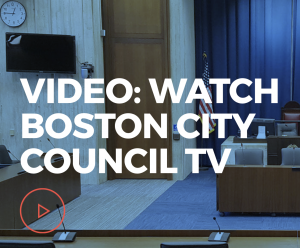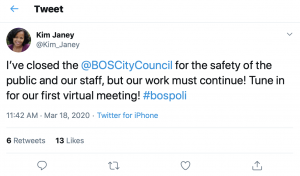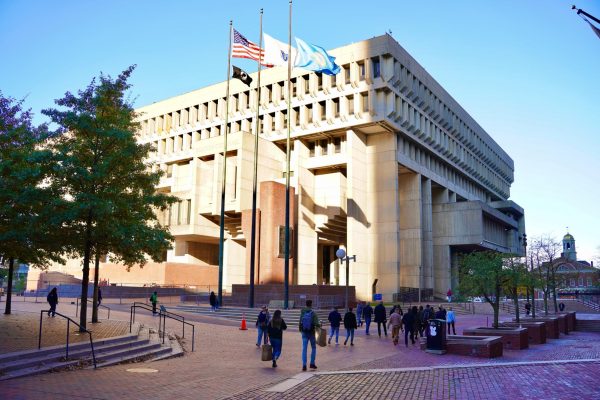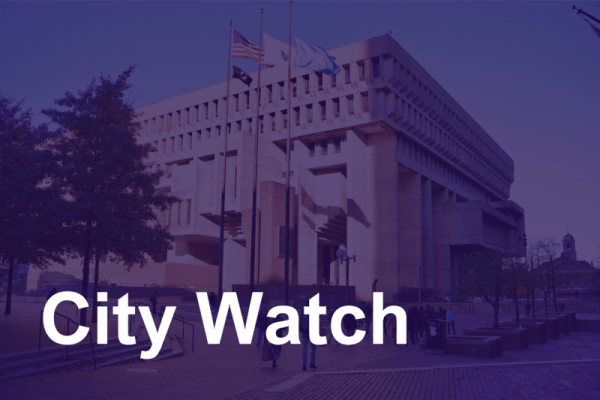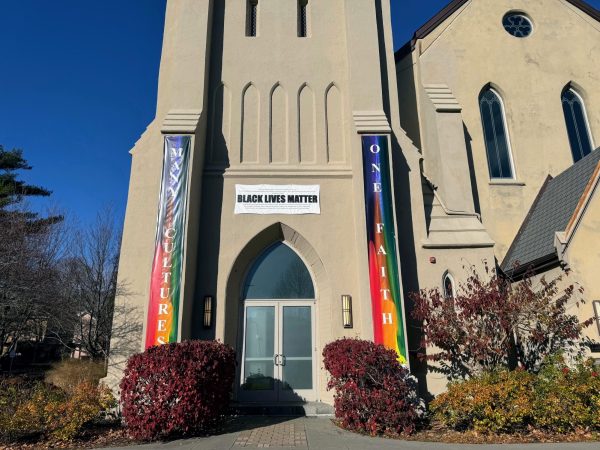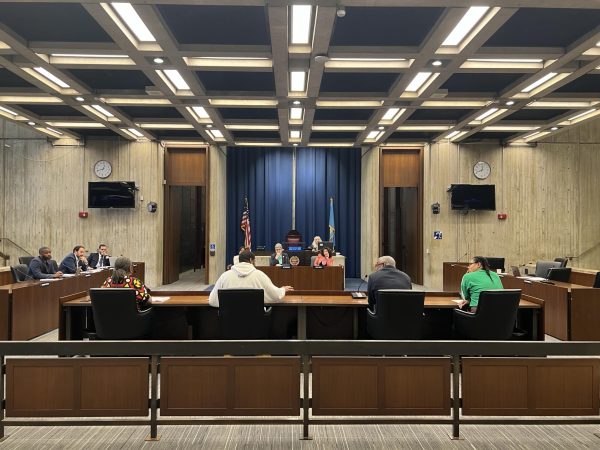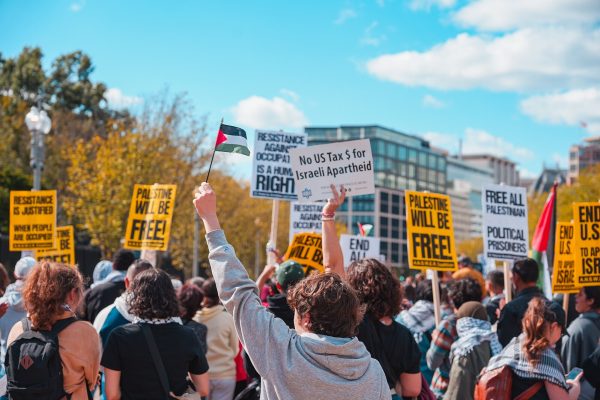Boston City Council meeting April 8, 2020
All councilors were present for the Boston City Council meeting on April 8, 2020, which was held virtually through the video-conferencing app Zoom and live-streamed.
During the meeting, the following dockets were presented and discussed:
Docket #0615
Councilor Julia Mejia offered a resolution to change the language used to describe under-represented communities in Boston.
“So much of the conversation around certain communities is centered around what we lack. We’re called vulnerable, at-risk, in crisis,” Mejia said. “But when I look around my community and the communities close to me, I don’t see vulnerable people. I see strong, resilient communities that continue to thrive despite adversity.”
Mejia stressed that she would like to describe communities with words that highlight their strengths, rather than any real of perceived deficit. This she said would help create change and uplift communities.
The resolution was adopted.
Read about how we’re covering COVID-19 and our sustained commitment to telling stories of hope, justice and resilience.
Docket #0616
Councilors Mejia and Liz Breadon offered an order for a hearing to improve access to food pantries while acknowledging the different nutritional requirements of some communities in the city.
“Food pantries are doing their best to provide [for] families across the city, but their ability to keep up is limited,” Mejia said.
Some neighborhoods have as few as one pantry, she said, meaning many people may have to travel outside their neighborhoods, often by public transportation, to collect food.
Mejia also noted that the food provided by food banks may not meet residents’ diverse dietary, religious or cultural requirements. Some residents have reported not knowing how to cook the ingredients they have been provided, according to Mejia.
The docket was referred to the Committee on City and Neighborhood Services.
Docket #0617
Councilor Michelle Wu ordered a hearing to discuss rent relief for commercial and residential tenants in City- and BPDA-owned properties.
Wu acknowledged the burden that paying rent places on Boston’s constituents.
“We don’t have the authority at the city level to pass blanket moratoriums and we have gone on record as of last week in sending that feedback up to the state house,” Wu said. “What we do have the authority to accomplish at the city level is to issue rent relief for city-owned and BPDA-owned buildings.”
The docket was referred to the Committee on Housing and Community Development.
Docket #0619
Councilor Kenzie Bok offered a resolution calling on property owners with vacancies to immediately rent to families with housing choice vouchers.
“This COVID-19 crisis has put a spotlight on all the weaknesses and injustices of our society,” Bok said. “One thing it has shown us, which we already knew, is that everybody needs a home to be safe.”
According to Bok, 500 Boston families are in shelters with housing vouchers and haven’t found permanent housing. Bok is calling upon property owners to offer vacant units to residents with housing vouchers.
The resolution was adopted.
Docket #0622
Councilor Andrea Campbell offered a resolution urging the City of Boston to prioritize mental health in its response to the COVID-19 pandemic and take action to ensure residents have treatment resources available.
Campbell acknowledged that the pandemic has heightened stress and anxiety among Boston’s residents.
“When we think about recovering from this pandemic and how to heal our communities, I think we must do so through a mental health lens,” Campbell said.
“This resolution is about making mental health a priority in our COVID-19 response and relief efforts, and doing so by establishing a fund, based on either existing monies, and/or new resources that can specifically be used to meet mental health needs for our health care community, city employees, and residents during and after the pandemic,” she added.
The resolution would encourage the City of Boston to more prominently display a webpage for mental health resources, promote a print and television campaign urging residents to care for themselves and seek support, and explore creation of a fund specifically for mental health support.
Further, she seeks to fill any gaps for mental health care services not fully covered by health insurance, and to expand access to tele-health treatments, as well as other forms of mental health care.
The resolution was adopted.




